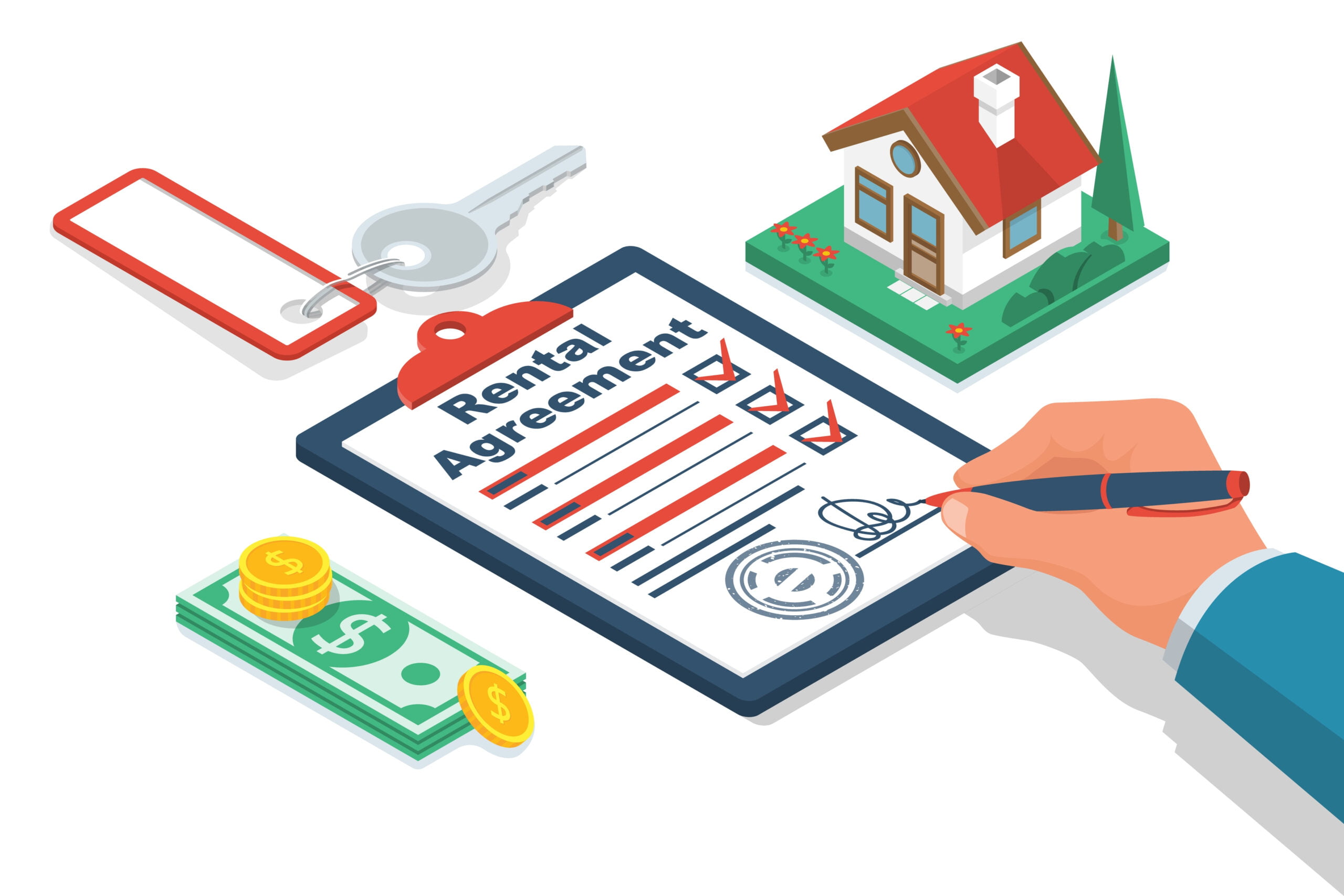Summary
The concept of house hacking is to purchase a larger home than what you need so that you can rent out the additional space and act as a landlord. Your tenants’ rent should cover most or all of your mortgage payments. The goal of house hacking is to cut your living expenses while you also build equity in the home or cash flow on the property.
What is House Hacking?
House hacking is a strategy that involves renting out portions of your primary residence to generate income that you can then use to offset the cost of your mortgage and other expenses. Depending on the house hack, the income generated can be enough to cover your living expenses and provide additional cash flow.
House hacking is especially useful in certain areas of Canada (think Vancouver and Toronto) because housing costs are so great that it can be difficult to afford a home on your own. By using the house hacking method, it allows you to achieve that home ownership goal without becoming house broke. With that said, house hacking isn’t without its flaws as, at the end of the day, you may need to live with roommates in your own home.
One of the best parts about a house hack is the fact that you don’t need to put down 20% to purchase the property. As you’re purchasing it with the intention to live there, you can put as little as 5% down (but remember, if you put less than 20% down, you will need to pay mortgage insurance). This allows investors to save their capital for better purposes (investing, additional real estate, etc.).
Types of Properties that Work for House Hacking
The entire concept of a successful house hack requires that you find properties with additional rooms or separate units that can generate revenue. To help you with finding a property that might work, here is a breakdown of the types of properties/units that would work:
- Multi-Family Properties. Properties with multiple units (think duplexes, triplexes, etc.). The more units, the better (but expect some headaches as the landlord!). If you can purchase a side-by-side duplex, for example, you can avoid having to deal with a roommate and instead you can have your unit while you receive rent from the neighbouring unit.
- Finished Basements. If you buy a large bungalow that has a finished basement, you can easily live upstairs while your friend lives downstairs. You can share common spaces (kitchen, laundry, etc.). Since this isn’t as nice as having their own unit, your tenant won’t pay as much in rent, but in certain markets this can still be quite lucrative and offset your housing costs substantially.
- Homes with Multiple Bedrooms. Did you ever rent a house in university with all your friends paying for their own rooms? Well, maybe one of your friends was the landlord! This is a super common house hack around universities and works great for students. You can rent your home on a per unit basis to a group of friends and this will allow you to charge more, without necessarily scaring of tenants as they’re thinking about it on a per bedroom basis (i.e., 4 bedrooms at $600 per bedroom. $600 per person). This is an easy way to provide affordable housing for your friends and offset your housing costs substantially.

